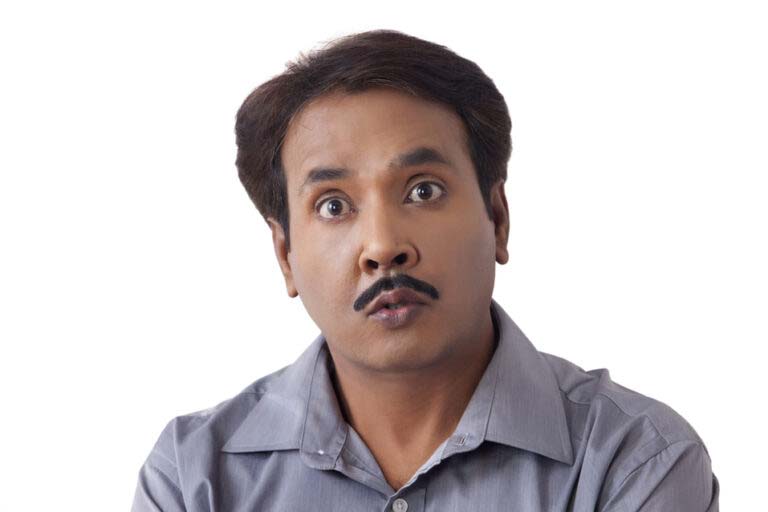
A Coronation, A King and Symbols of the Self
For Jungians, there are a number of key symbols of the Self, and a King, Queen, monarch or head of state is be prominent among them.

For Jungians, there are a number of key symbols of the Self, and a King, Queen, monarch or head of state is be prominent among them.

Our society seems to value work above all else. That makes it very important to be able to identify the symptoms of a burnout, and to respond appropriately.

When people are facing crises or major life transitions, it's not uncommon for them to feel that they "don't know what to do next"

The expression "a creative life" can seem wonderful and romantic, but can also seem far away from our own real lives. Why is living a creative life important?

Feeling alone in the world is a very common experience in these times. Surrounded by technologies that enable social connection, many feel very isolated.

It might seem odd to think about partially or fully unconscious anxiety in the background of our lives and minds, but it's definitely a real thing.

"I Still Haven't Found What I'm Looking For" is a popular song of enduring popularity. Released by U2 in 1987, it resonates powerfully, even now.

The story you tell yourself about your life journey is a matter of vital importance. Jungians refer to it as your personal myth or personal mythology.

The wise old person is an image or symbol found deep within human culture. Does this represent something real in the human psyche? Can we access it?

Over my years as Jungian analyst / /a-midlife-transition, I've heard a lot of people ask "Am I making the right decision?" It's often a crucial question.